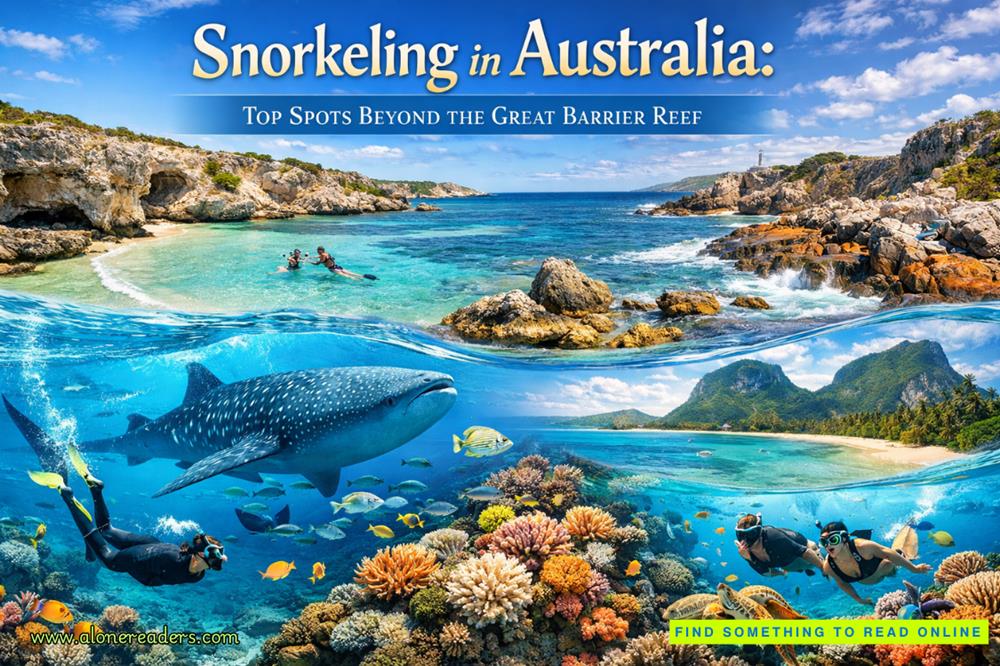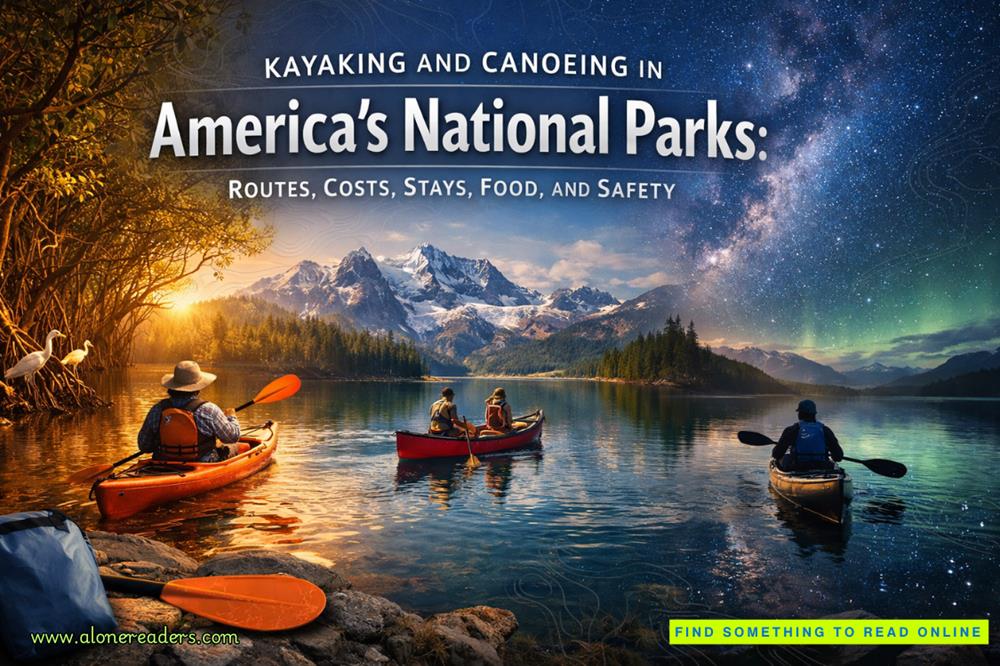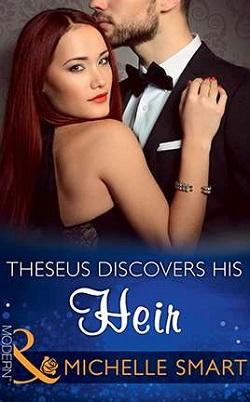“Thank you, Jess.” She releases me. “Thank you so much for the journals and the book you wrote and the medal and the pendant. Thank you for bringing my grandmother’s story to life.”
“You’re welcome.” I search her eyes for signs she’s mad at me because I withheld the secret for so long, but all I find is pure gratitude. I let out a soft sigh of relief.
Anne’s only wearing a lightweight cardigan, and the temperature is a little chilly for sitting outside in it.
“Let’s go inside,” I suggest. “I can make some hot chocolate.”
We go into the kitchen. I remove Bailey’sService Dog in Trainingvest so she can take a break from her training. Anne sits at the table and visits with her while I make the hot chocolate. I place the steamy mugs of hazelnut hot chocolate on the table and take a seat across from her.
“I have to say I was shocked when I read the journals. I knew nothing about her life during the war—other than she lived in England at the time.” Anne wraps her hands around her mug. “I wish I had known all of that. It explains so much about her hand and about her growing paranoia near the end of her life. But it also explains her love for life and her intense love for my mother and me. Did I tell you how I’d catch her sitting by the lake, talking to it in German, especially as she got older?”
I shake my head.
“I would ask her what she was saying. She would smile and tell me she was talking to the Nixie. Now I understand why. It was her way of keeping her memories of my grandfather alive. I’m sorry she never got to tell me about him herself. I have so many questions about him and my European roots. Questions I might never get answers to.” She pushes a folded piece of paper toward me.
I pick it up. “What is this?”
“It’s the letter she wrote to my mother. Read it.”
I unfold the page and read the shaky yet familiar handwriting.
To my dear sweet Elizabeth,
If you’re reading this, it means I’ve moved on to a better place, and I’m hopefully with my one true love. I promise you if that is the case, I am very, very happy.
I started writing the journals years ago once I’d fully come to terms with what happened during the Second World War. You and I were living in the United States at that point. It was a country that had lived through the war but hadn’t experienced it the way they had in England and the rest of Europe. Even England hadn’t experienced the war the way the countries occupied by the Nazis and Fascists had. It was a very different time back then, but also a time that hasn’t changed as much as it should have in the years that have passed.
I’m assuming you have read the journals and have so many questions. I’m sure many of them I can’t answer because I was unable to find the answers myself after the war. Maybe in the future, you will have better success than I did. Maybe information will be made available to future generations, or maybe those answers will remain buried for all time. I fervently hope the latter is not true.
The latter point is part of the reason I wrote the journals. I could not give them to you while I was alive at risk of violating the British Official Secrets Act. But once I am dead, I will no longer have to keep the secret about what I survived through, and you will finally know the truth about your father.
Here are the answers I can give you. Jacques Gauthier, the man who was like a second father to me—he risked so much for me, for the downed RAF pilots making their way to the escape lines, for his country, and for his son. I took you to France shortly before we departed for the United States to start a new life here. I wanted to know what had happened to Jacques after the Gestapo took me away.
I am delighted to tell you Jacques survived the war, as did his son. Jacques was one of the few survivors of the war who knew the truth about your father and me. He was the only one who witnessed the love Johann and I shared for each other. The moment Jacques saw you, he knew the truth that no one else did—that you are Johann’s daughter. He died fifteen years later from a stroke, but he wanted you to know your father was a great man who was thrown into circumstances none of us wanted to be in.
It’s easy to say in hindsight that if more people who hadn’t supported Hitler’s politics had stood their ground, the war would not have happened. The murder of the disabled and mentally ill would not have happened. The Holocaust would not have happened. So many people would not have been killed, so many children would not have been left with only one parent or as orphans. But the world doesn’t work that way when you’re dealing with someone who is that hungry for power. They’ll do anything to get it and keep it, no matter the cost to others. Maybe one day a world without dictators will be possible. I wish I had lived long enough to see it.
Your father never wanted to fight in the war. He only wanted to love and protect his family, and that includes you. Please never forget he loved you so very, very much. I love you so very, very much. It hurt to not be able to tell you I was your mother. You can’t begin to understand how proud I am of you and of your beautiful little daughter. Perhaps now you will understand why I suggested the name Anne after you gave birth to the precious sweet angel. It was to honor your father’s sister, Anja. If I couldn’t call you Anna like I had originally planned, I wanted to make sure I was able to honor Anja through your daughter. Thank you so much for allowing me to do that.
I’ve never regretted any of my decisions from during the war and afterwards, and that includes my decision to never settle down with another man. I knew no other man could fill the hole left by my love, the man who would have been my husband if we had lived in another time and place.
Thank you, my sweet love, for everything. Just know that I am with the only man I ever loved, and I am truly happy.
Love,
Mum
Through welling tears, I reread the letter several times, feeling once again Iris’s love for Johann. The letter has given me the closure I needed, but I’m sure it’s only the beginning for Anne as she tries to find out more about the relatives she never knew she had.
“Sonja—the daughter of Oskar and Margrit,” Anne says with a soft smile. “She was my godmother. That summer when my mother and grandmother were in New York City, Mom and Sonja quickly became friends and stayed friends, even though they didn’t live in the same part of the country.”
“Do you know if Sonja is still alive?” Maybe she remembers her uncle Johann—remembers enough to share with Anne.
“She died a few years ago. But she and I kept in contact after my mother died. She never said anything about living in France during the war. She never mentioned anything about what was in the journals.” Anne’s smile returns, wider this time. “My grandmother…wow, it still feels strange thinking of Auntie Iris that way. She told me my grandparents had loved each other very much, and they fell in love with my mother the moment they saw her. I had no idea all those times she told me that she was referring to herself…and my real grandfather instead of the man I thought was my grandfather.”
“I can imagine it will take time to get used to the idea that nothing was what you had thought.” Her family members weren’t who she had thought they were.
“You’re right. Anyway, you said on Saturday that it’s my choice if I want my grandmother’s story made public.”















